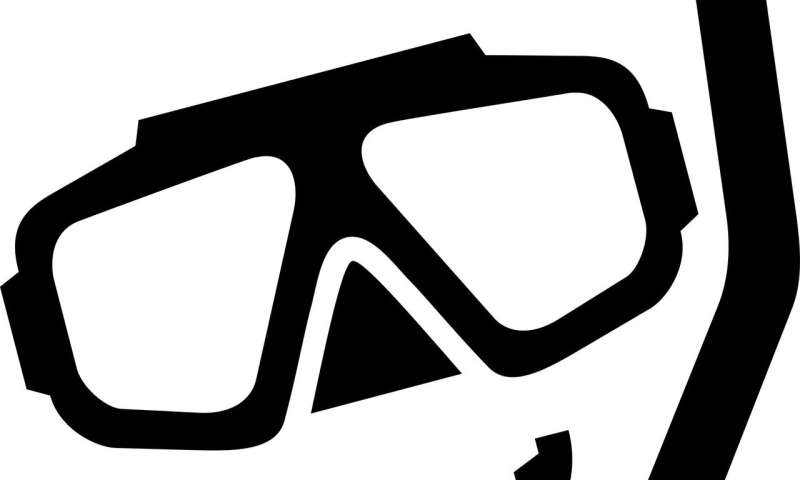
Russian hospitals overwhelmed by the coronavirus pandemic and running low on personal protective equipment are repurposing commercial snorkel masks to safeguard medical staff and patients, following a trend in Europe.
The Russian branch of the French sports equipment company Decathlon told AFP it had “blocked” sales of 6,000 masks from dozens of shops around the country, distributing them free of charge to hospitals on request instead.
The number of coronavirus cases in Russia has been accelerating, with a new record increase of 3,448 infections reported Thursday.
Official figures show 27,938 cases of infections and 232 deaths, but the real number is believed to be higher.
President Vladimir Putin on Monday acknowledged shortages of protective equipment for medical personnel and warned that the country had not yet reached the peak of the epidemic.
Decathlon’s entire stock of diving masks will be distributed by the middle of next week, Russia CEO Jeremy Angelard told AFP, adding the decision was made following requests from doctors.
After being sterilised and modified, the masks can aid COVID-19 patients with breathing difficulties or be worn by caregivers and medical personnel.
In Russia, doctors and start-ups are using 3D printers to make valves that can connect the masks to ventilators.
“Depending on what you print, they can be used both as personal protective equipment and as a respiratory mask,” said Vadim Sizov, head of the anaesthesia department at the Ilyinskaya hospital in Moscow which treats COVID-19 patients.
He said hospital staff facing PPE shortages had begun wearing the masks, which were used by patients too.
“It is better than nothing,” he told AFP. “It’s a good option if there aren’t any others.”
“They protect very well,” he said. “The people who use them are in good health.”
He added that the diving masks may offer a “good solution” to shortages in Russia’s regions, where medical equipment may be in higher demand than Moscow, the epicentre of the outbreak in Russia.
The health ministry and Moscow health officials did not respond to requests for comment.
Source: Read Full Article
